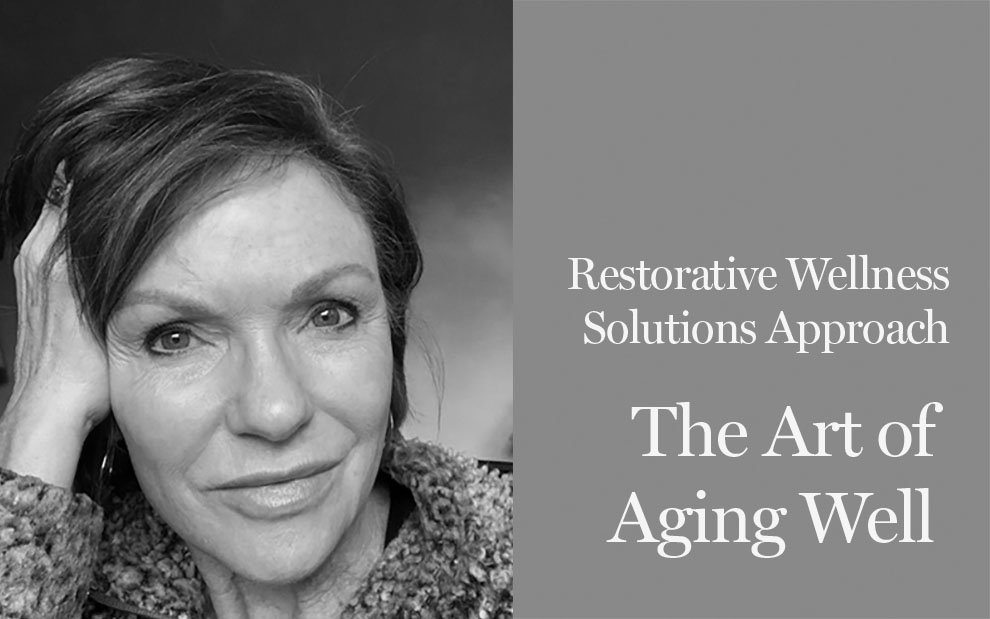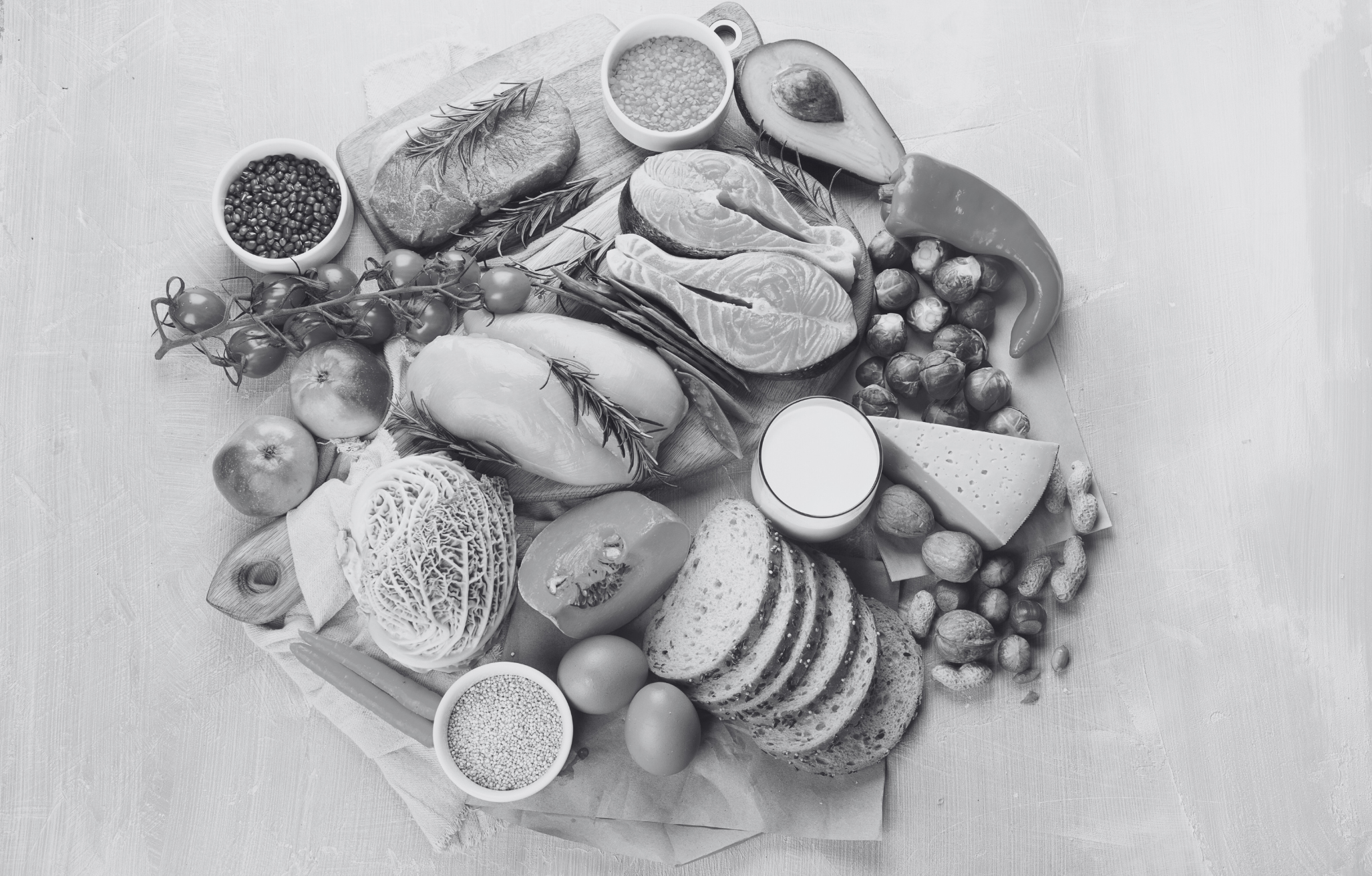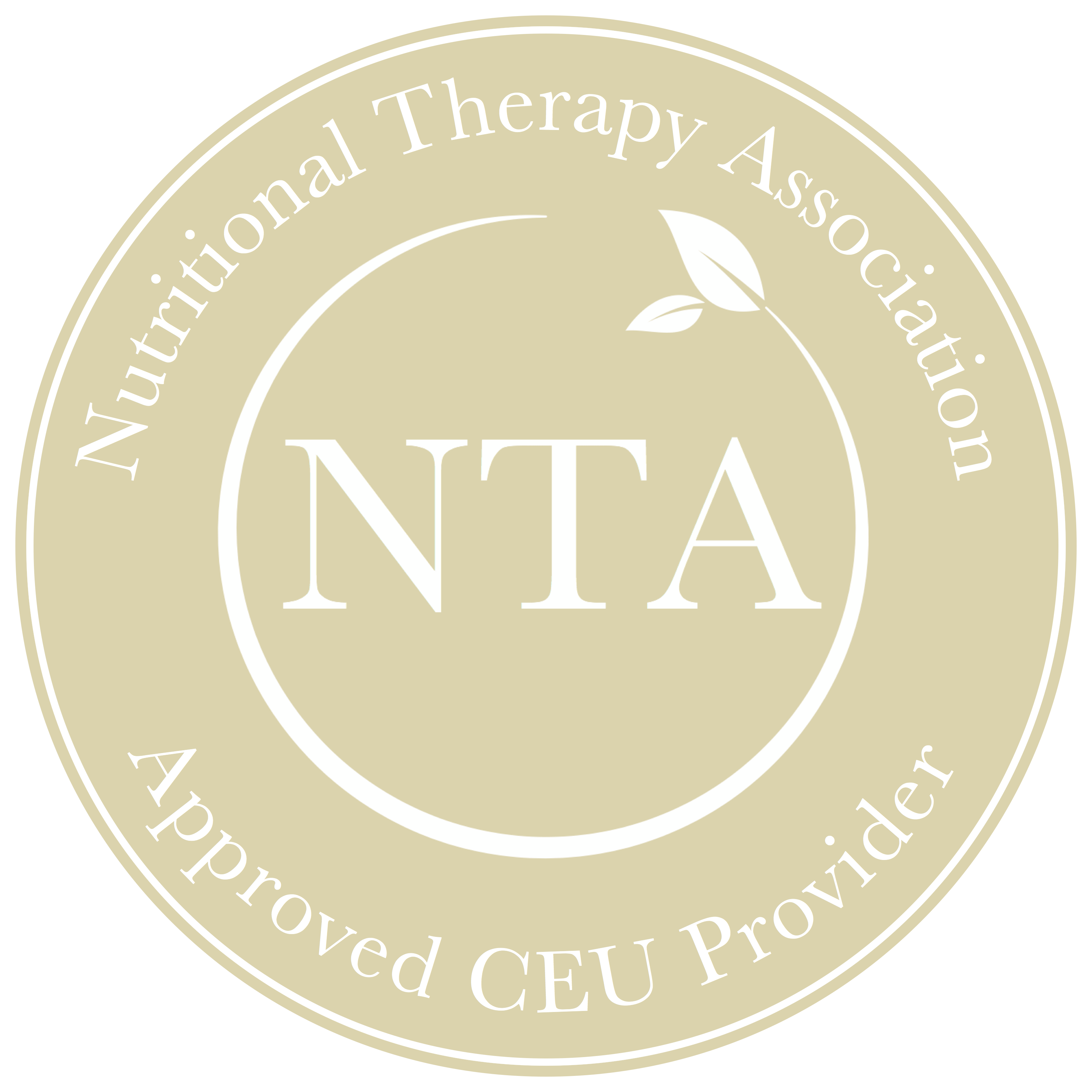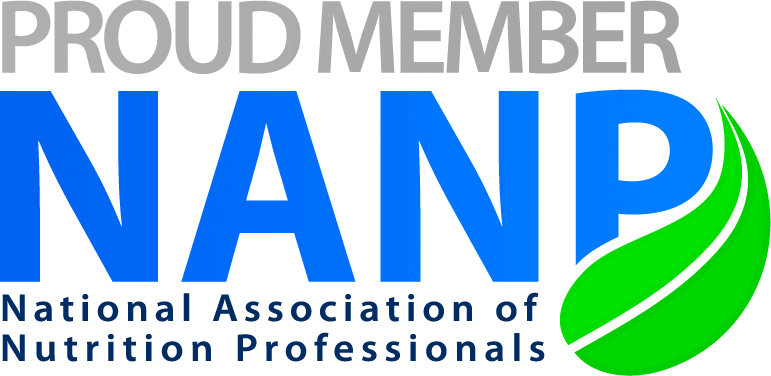As the years fly by, I’ve recently become obsessed with discovering how to live them even better. It’s not about the number of years I have; it’s whether I live them fully and in robust health. I’m willing to do whatever it takes to keep my mind, body, and spirit as young as I can for as long as I can. Facing one’s mortality is, shall we say, not for sissies and provides a very powerful motivator!
I spent my first 40 years doing all the wrong things, although I didn’t know that then. I ate lots of gluten and did very little exercise, which led to severe digestive issues and other complications.
Confession: I owned a bakery in the late 80’s where I served up, and consumed, copious amounts of over-the-top delicious muffins, cinnamon rolls, and scones. I cringe now when I think about how much sugar I peddled back in those days.
I “found nutrition” in my early 40s and fell in love with this dynamic and burgeoning field, where mysteries are still unfolding. I love that I will never fully comprehend the human body, although I’m a lifelong devotee of study. The application of this knowledge to each individual’s unique, biochemical individuality provides both endless challenge and fascination. Hopefully my second career, where I serve my clients and students as a functional nutritionist, is absolving me of the sins of my past!
Now in my sixtieth decade, the clock is ticking just a little louder. I can no longer defer maintenance. Which brings me to my current infatuation with vibrant longevity. What can I do now to ensure that I stay healthy, vital, and resilient for as long as possible?
Of course it starts with a clean diet, lots of water, and plenty of exercise. I am an avid hiker and Pelotoner and spend a good 5-6 hours a week in a hard workout. My body feels better than it ever has.
I also focus on ensuring my sleep is solid, my environment is free of toxins, and I am surrounded with people who have similar values. None of these factors in and of themselves will make or break our health but they carry cumulative weight and all contribute to the whole. Toxins, for example, are now implicated in dementia and Alzheimer’s Disease as a primary cause.
Of late, my research has taken a deep dive into the functioning of the brain and genetics. Looking at one’s genetic propensities does not portend one’s destiny but can reveal potential ancestral landmines to which I can either remain oblivious, or I can actively do my darnedest to avoid. It’s my lifestyle, my epigenetics, that determine whether or not those detrimental genes turn on or not.
For example, my genetics indicate a susceptibility to high oxidative stress, which is the equivalent of rust in the body. This is something I can monitor with targeted blood work and in order to circumvent this becoming my reality, my diet is high in phytonutrients and antioxidants and I supplement with these nutrients as well.
My genetic make-up also indicates a predisposition for cognitive decline. As scary as it is to see this on paper, my ultimate response has been a definite “Oh hell no, not on my watch!!” I’m confident I can keep my brain fully functional by maintaining glycemic control, eating healthy fats, avoiding toxins, learning new things, exercising daily, and doing my very best to keep stress low.
Through understanding my genetic propensities, I can empower myself to monitor and stay on top of how my brain performs. Our genes do not determine our destiny – they show us where we need to focus.
Another genetic predilection tells me I am at higher-than-average risk for diabetes and high cholesterol, two health factors over which I have tremendous control through my diet and lifestyle. And because I’m devoted to fueling with a nutrient-dense, low starch diet, I have no problem with these issues.
Our genes do not determine our future but knowing our potential areas of weaknesses can enable us to do all we can to overcome them. Armed with the awareness of my ancestral risks, I’m able to strengthen those weaker areas to ensure they don’t become my reality. Knowledge truly is power and I’m determined to age like Benjamin Button as best I can!
If you are interested in the brain and genetics, Level 4 of the Restorative Wellness curriculum includes how to use the power of genetics and optimize neurological function in your practice. It premieres in April 2021. Learn more here.







